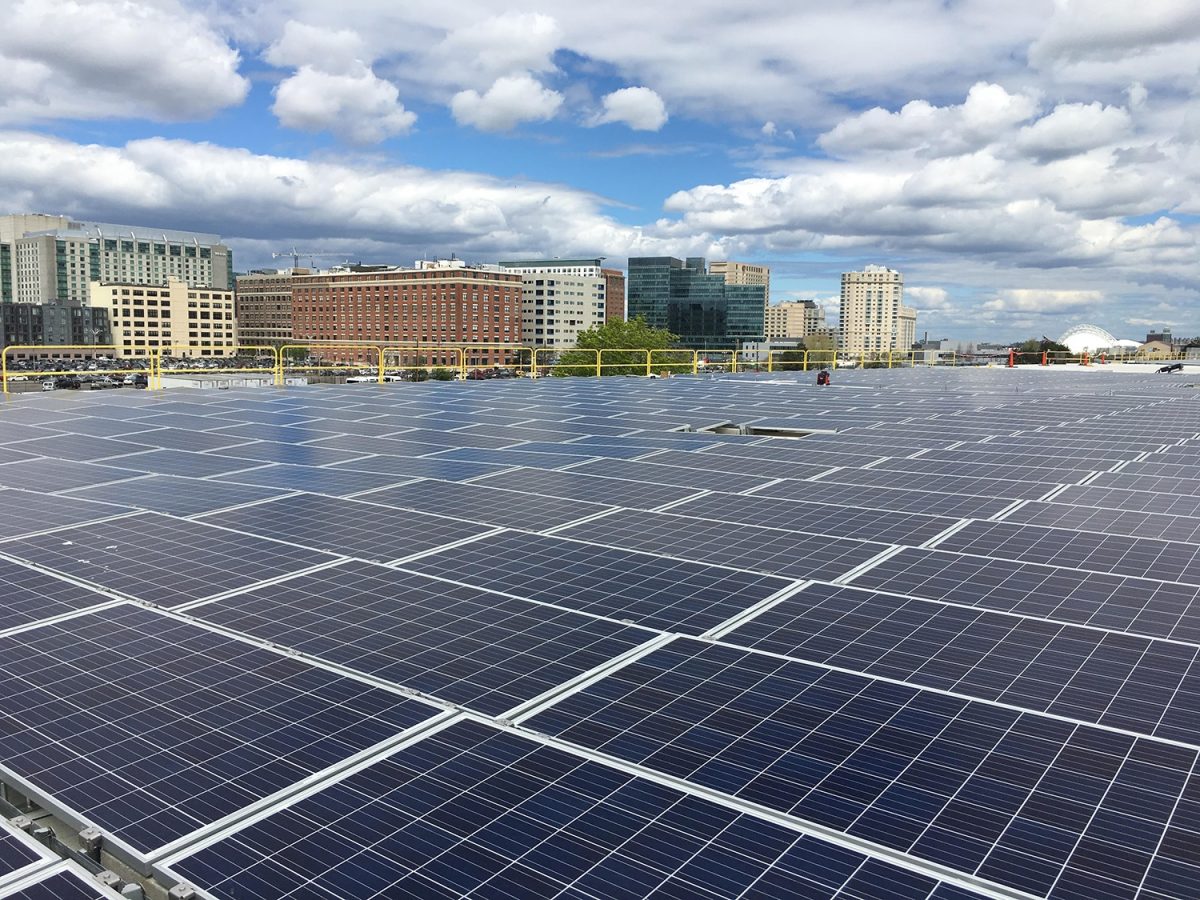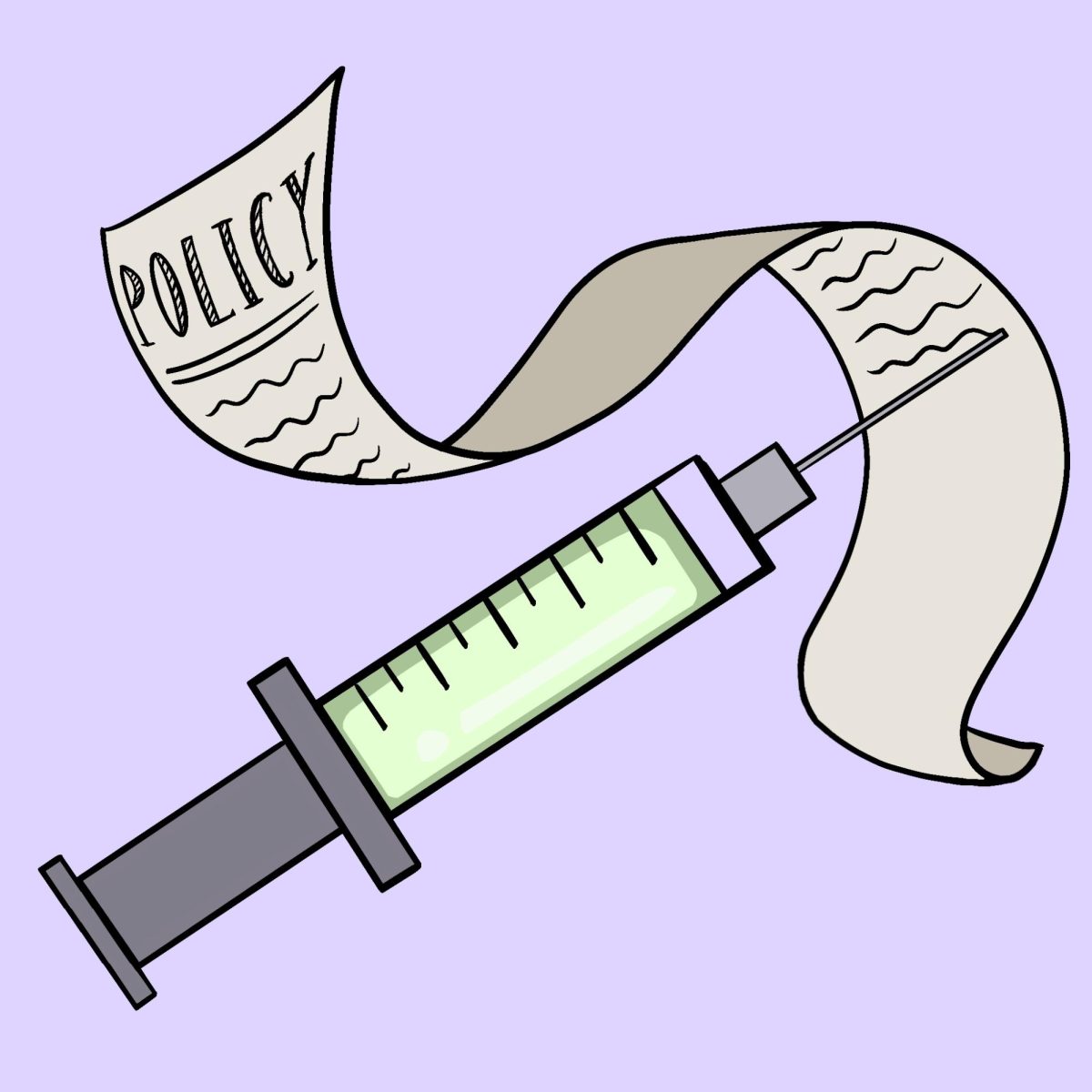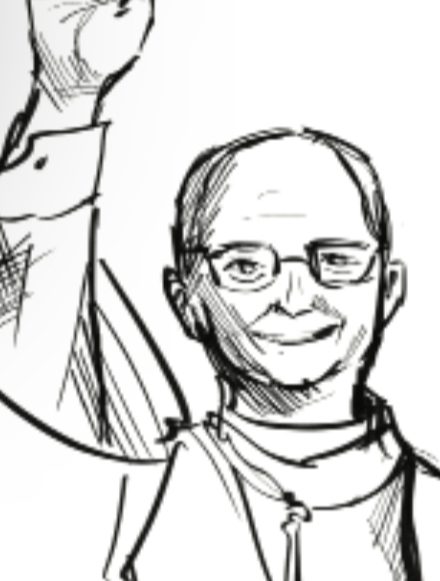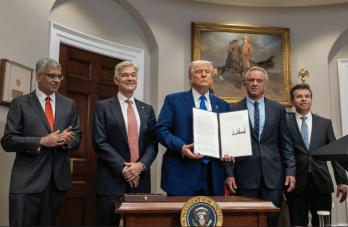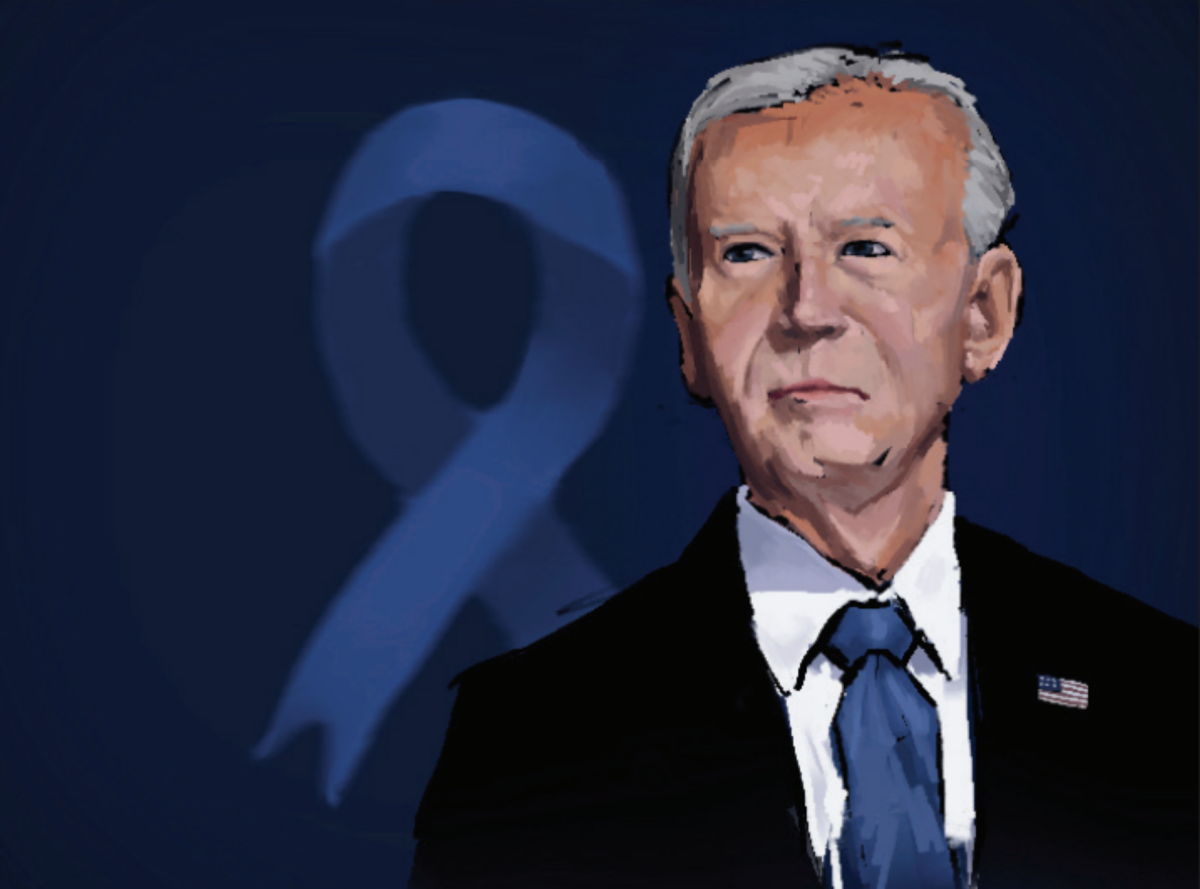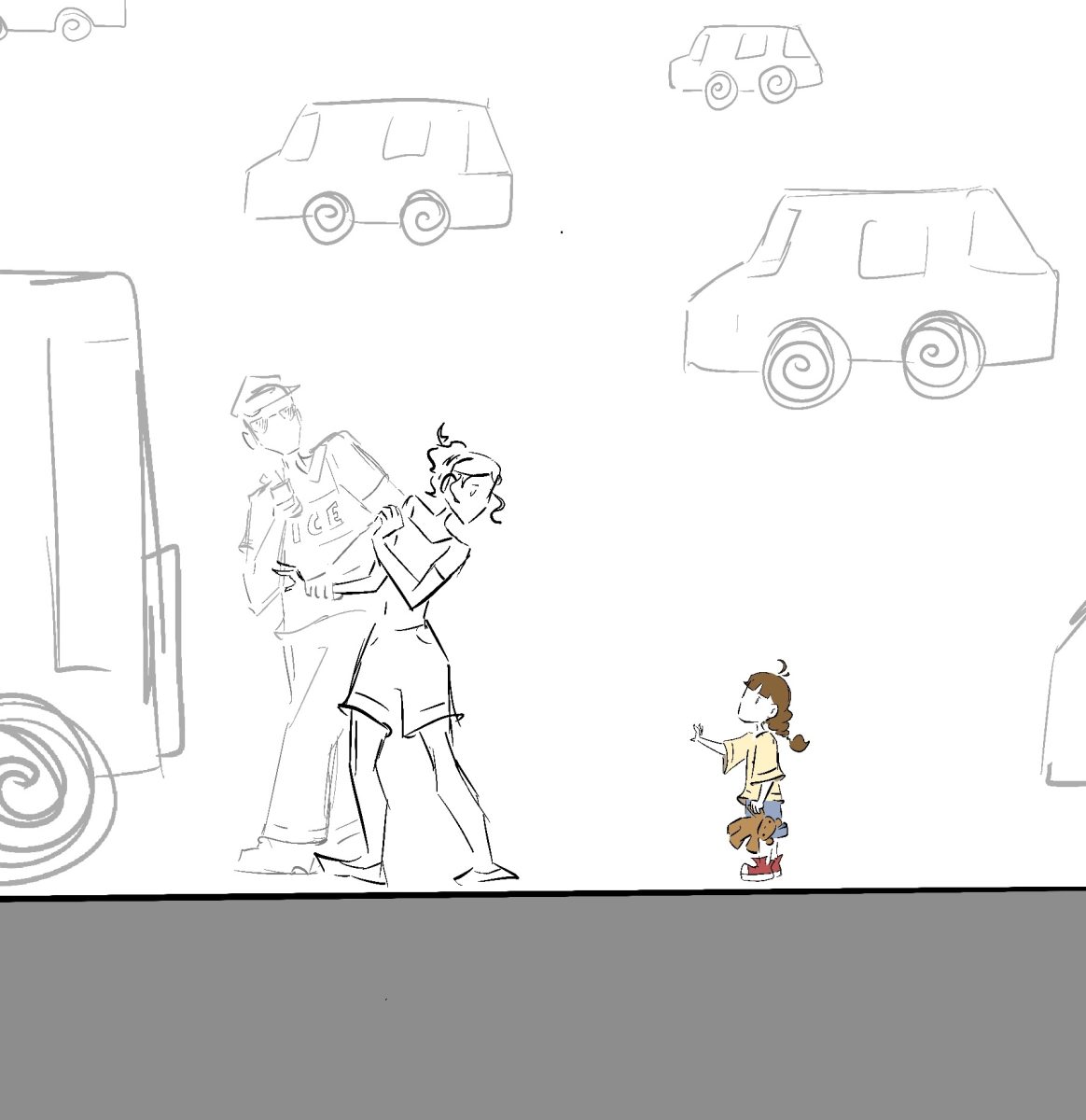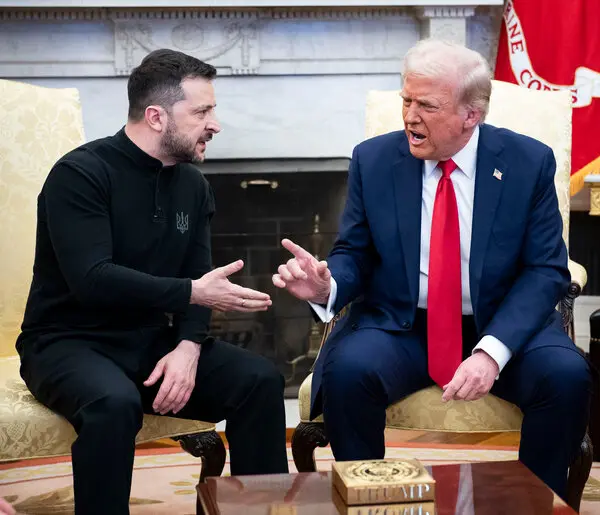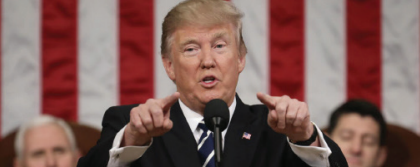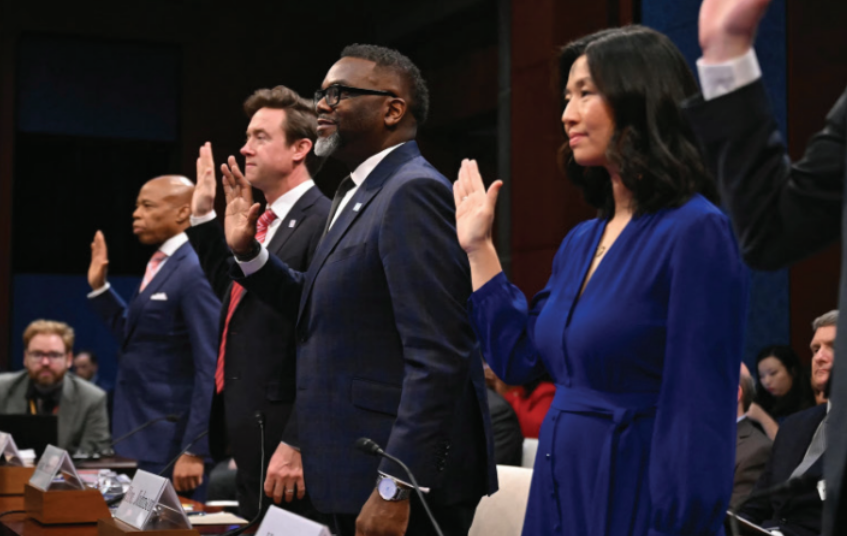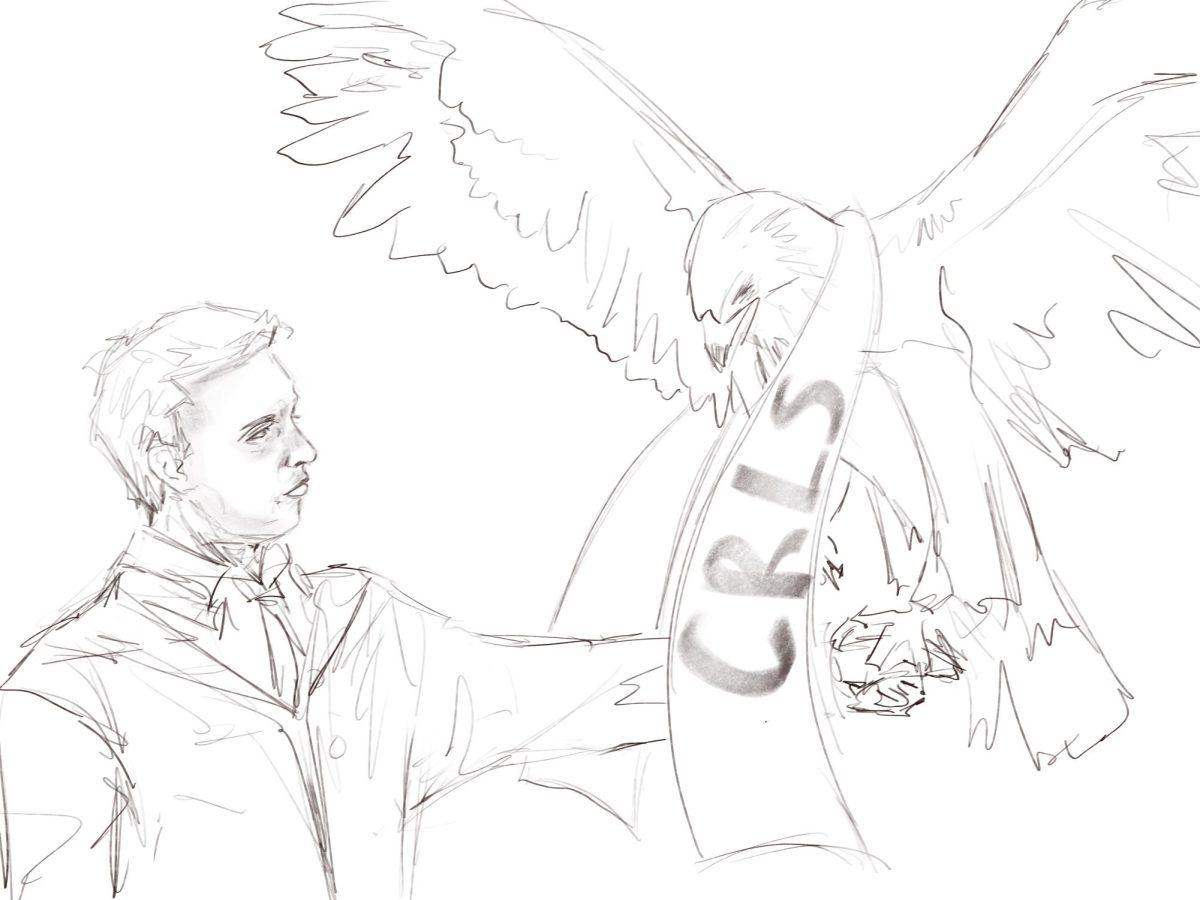The year 2042 looms large, as the deadline to prevent the worst impacts of climate change quickly approaches. While global leaders deliberate international policies, students and staff at CRLS are grappling with what the crisis means for them and how to take meaningful action now to prevent worse effects in the future.
Commissioner Bonnie Heiple of the Massachusetts Department of Environmental Protection highlights the importance of proactive climate action, stating that “climate change is our greatest challenge but also our greatest opportunity.” She encourages young people to take part in local initiatives, emphasising that their involvement is vital for fostering a sustainable future, “Your generation will drive the change we need,” she told the Register Forum.
Simon Ready-Miller ’25, leader of the Sustainable Development Club at CRLS, stresses the need to preserve local ecosystems, noting that “native plants and animals can only survive in the specific conditions they’ve evolved in.” He also warns that climate change will drive up costs for essential services as communities invest in sustainable infrastructure. Ready-Miller highlights scepticism around renewable energy at the national level, telling the Register Forum, “Many feel punished by taxes while elites enjoy carbon-heavy luxuries, creating frustration with the climate movement.”
Despite this, Cambridge is ahead of many cities in the US in combating climate change. The municipality aims for 100% renewable energy for municipal operations. Starting in 2025, it will enforce a Fossil Fuel-Free Ordinance, requiring all new constructions and major renovations to use clean, all-electric systems. Additionally, Cambridge is committed to achieving net-zero greenhouse gases community-wide by 2050, allocating $18.4 million to reduce emissions from buildings, the largest source of greenhouse gases.
According to Farhan Chowdhury ’28, the most urgent reason to combat climate change is to avoid damaging the planet. “There will be consequences if we do nothing,” he tells the Register Forum. Though he admits the issue feels distant, he acknowledges that inaction today will lead to devastating outcomes tomorrow.
CRLS AP Environmental Science teacher Ms. Tobe Stomberg highlights the significance of understanding climate science. “It’s happening now; it’s getting worse, and we need to understand our connection to it,” she explains to the Register Forum.
While the school offers several science courses that address climate change, Dean of Students Susie VanBlaricum notes that CRLS could do more to foster environmental activism. “Climate change comes into play in many classes, not just science ones,” she explains, mentioning the school’s former “Glocal” program, where students tackled global issues like deforestation and food waste on a local level. She believes hands-on projects like these would empower students to contribute meaningfully to environmental change.
Her advice to students concerned about the climate crisis? “Do your research, join clubs that teach you about climate change, and advocate for governments to implement changes.”
As Ready-Miller concludes, “Our actions are small, but they matter. Whether it’s planting trees or appreciating nature, we must act before it’s too late.

